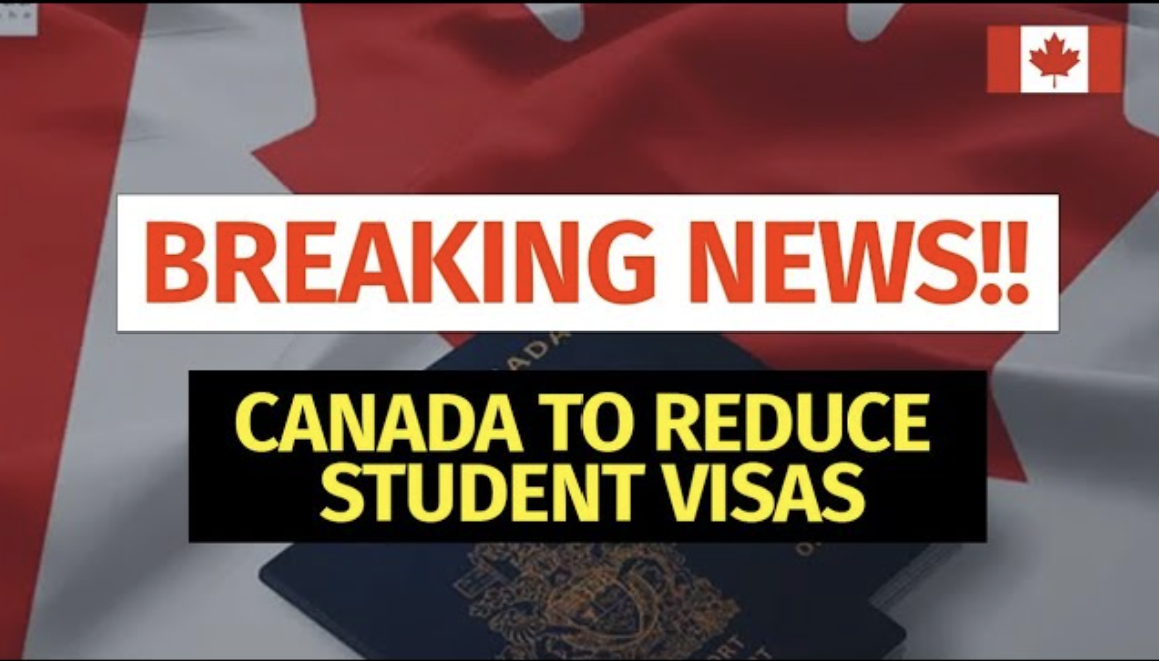Official time: Monday - Sunday, 08:00am - 06:00pm
Client Support: (236) 237 0790 - (902) 880 8189 - Email: info@immifile.ca

In January 2024, the Honourable Marc Miller, IRCC Minister, unveiled pivotal measures aimed at stabilizing the influx of international students into Canada. Recognizing the invaluable contributions of international students to the social, cultural, and economic landscape of Canada, the government is taking decisive steps to safeguard the integrity of the international student system and ensure sustainable population growth.
Over the years, concerns have arisen regarding the rapid expansion of international student intakes, which has strained resources and support systems. Some institutions, driven by financial motives, have significantly increased their enrollments, leading to challenges in housing, healthcare, and other essential services. To address these issues, the Government of Canada is implementing a series of temporary measures effective immediately.
The cornerstone of these measures is the introduction of an intake cap on international student permit applications for a period of two years. The cap aims to stabilize new growth, fostering a balanced approach to international student admissions. For the year 2024, approximately 360,000 approved study permits are anticipated, representing a 35% decrease from the previous year. Provincial and territorial caps, tailored to each region's population, will ensure equitable reductions, particularly in areas experiencing unsustainable growth.
To uphold fairness, certain categories are exempt from the cap, including individuals pursuing master’s and doctoral degrees, as well as elementary and secondary education. Current study permit holders and permit renewals remain unaffected by these measures.
Implementation of the cap involves a collaborative effort between the federal government, provinces, territories, and designated learning institutions. Provinces and territories will allocate a portion of the cap to their respective institutions, facilitating a more regulated approach to international student admissions. Additionally, attestation letters from provinces or territories will now be required for all study permit applications, ensuring enhanced oversight and accountability.
In alignment with the cap measures, revisions to the Post-Graduation Work Permit Program eligibility criteria have been announced. Effective September 1, 2024, international students enrolled in curriculum licensing arrangements will no longer be eligible for post-graduation work permits. Conversely, graduates of master’s degree programs will now be eligible for a 3-year work permit, providing ample opportunity for gaining valuable work experience.
Furthermore, open work permits will be exclusively available to spouses of international students enrolled in master’s and doctoral programs, enhancing support for families and encouraging skilled migration.
These measures underscore the government's commitment to fostering a welcoming environment for international students while ensuring the sustainability of Canada's education system and public services. As the two-year period progresses, ongoing collaboration with stakeholders will inform future adjustments and long-term strategies for international student admissions.
The announced reforms reflect a holistic approach to safeguarding the integrity of Canada's international student system, promoting genuine student experiences, and addressing the evolving needs of our communities.